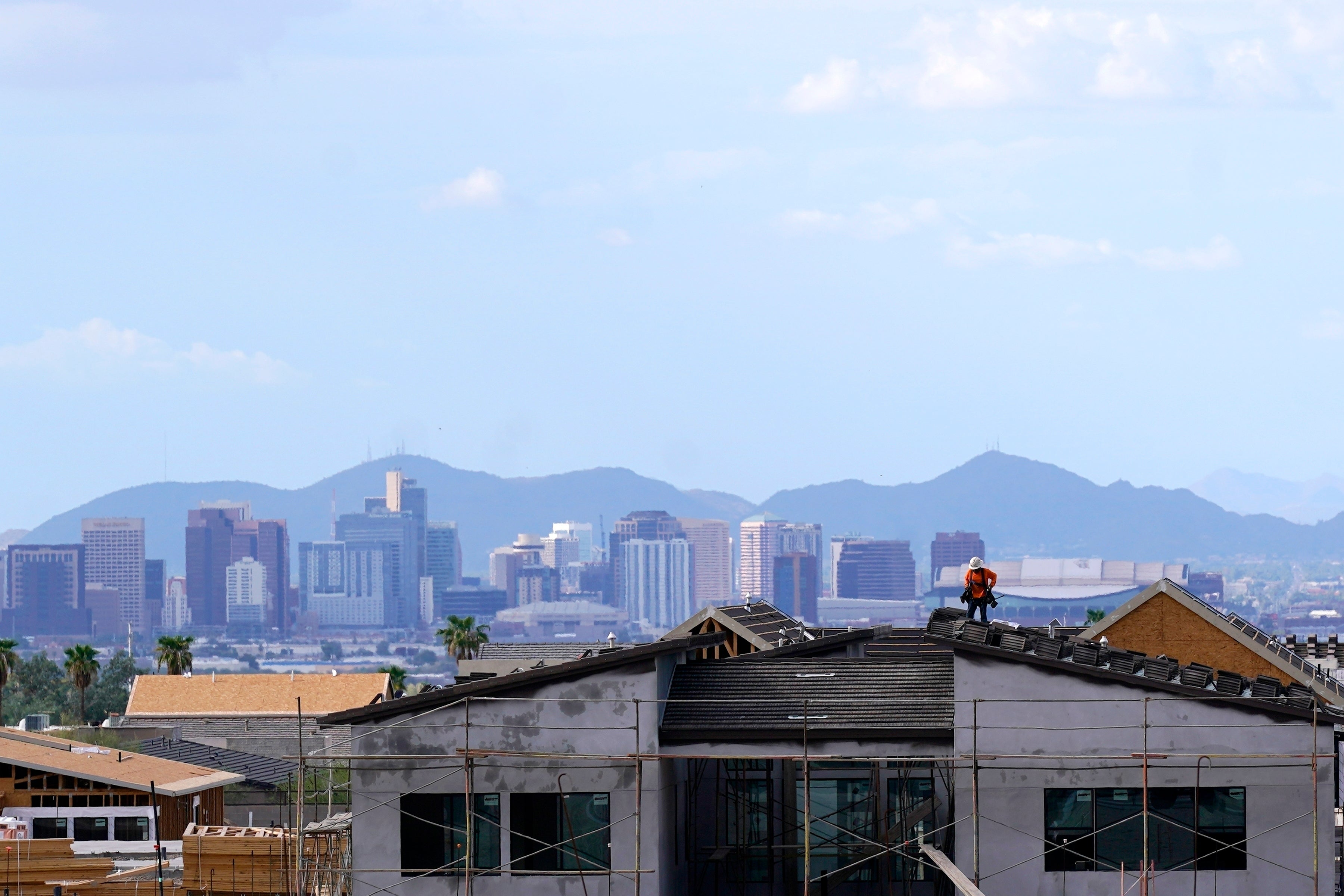Phoenix becomes largest US city to successfully challenge 2020 census numbers
Phoenix has become the largest U.S. city to successfully challenge its population count from the 2020 census

Phoenix has become the largest U.S. city to successfully challenge its population count from the 2020 census after claiming that dozens of group homes, jails and drug and alcohol treatment centers were overlooked during the nation’s head count.
The U.S. Census Bureau told Phoenix Mayor Kate Gallego last week that the statistical agency had approved its submission claiming that 3,550 people in 192 group quarter facilities were missed during the once-a-decade census. The facilities included drug and alcohol treatment centers, a memory care center for people with Alzheimer's and a residential facility for juveniles needing mental health care.
The count of every U.S. resident determines political representation and how $1.5 trillion in federal spending is distributed for transportation, health and other programs.
The additional figures will be included in future population estimates for Phoenix released each year until the next census in 2030, the bureau said in a letter to the mayor. The census determined that Phoenix was the fastest-growing big city in the U.S. between 2010 and 2020, increasing by 11.2% to 1.6 million residents and making it the fifth most populous U.S. city.
The successful challenge by Phoenix won't change how many congressional seats Arizona got during the apportionment process, or the more detailed numbers used for redrawing political boundaries.
The Census Bureau has received more than 100 submissions challenging the numbers from cities, towns and villages of all sizes across the U.S., including Austin, Texas; Boston; Detroit; Memphis, Tennessee; and Milwaukee. State, tribal and local governments have until the end of June to file challenges.
While many of these cities aren't getting the results they had hoped for, there have been some successes from challenges to totals of “group quarters” — dorms, jails and nursing homes — similar to the Phoenix case. Group quarters were among the most difficult to count in 2020 as campuses closed and prisons and nursing homes were locked down at the start of the COVID-19 pandemic. The Census Bureau created a separate program to handle these challenges.
Boston, a hub of higher education, believed the 2020 census missed more than 6,000 students living in university housing and 419 inmates at local jails. The Census Bureau approved its submission. Detroit also succeeded with a challenge that added 1,478 more people in 61 group quarters.
___
Follow Mike Schneider on Twitter at @MikeSchneiderAP
Bookmark popover
Removed from bookmarks